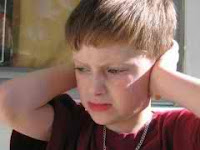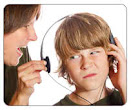Helping Aspergers and HFA Teens Cope With Life

The teenage years are the most difficult time for young people with Aspergers (AS) and High-Functioning Autism (HFA). Most experts do a great job of presenting the problems these teens face, but they offer few solutions. Below are 50 tips for parents who want to help their "special needs" teenager survive and thrive during the tough adolescent years: 1. A regular bed time at a reasonable hour is more important than ever, if you can put/keep it in place. Regular routines of all kinds—familiar foods, rituals, vacations—are reassuring when the adolescent’s body, biochemistry, and social scene are changing so fast. 2. A regular bed time for the adolescent gives you time you can count on each evening for yourself and/or your spouse. If you can build in regular respite—such as a night your adolescent spends with a grandparent once a month—go for it, and plan ahead for some relaxation, fun, or culture. (Divorced moms and dads may be able to count on a little time al

